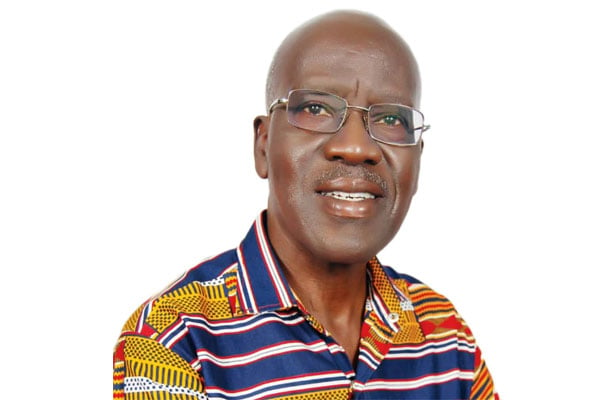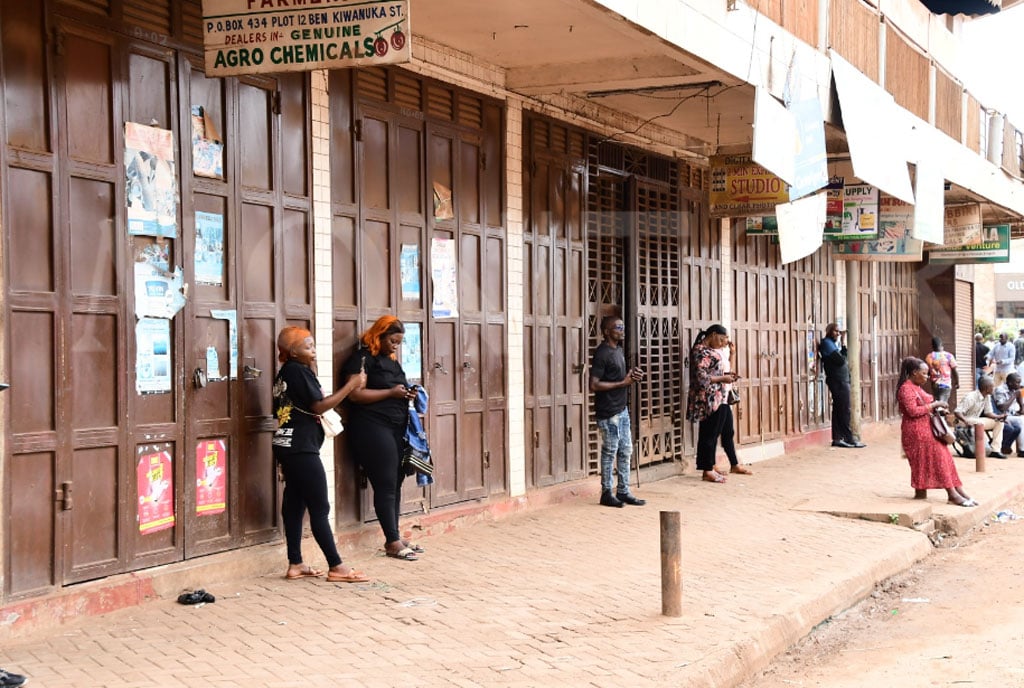Prime
House names at Budo and Makerere

Prof Timothy Wangusa
What you need to know:
- New Hall was named thus when there were no more obvious deserving foreign names left.
This article is a sequel to the one which appeared in the last issue of Sunday Monitor under the title, ‘Dorm names and students’ intellects’. You could say that it was an article ‘with a thesis’, namely, that ‘The names of students’ dormitories have some subtle bearing on students’ perception of themselves’.
In the current article, ‘yours truly’ here progresses towards the present on his retrospective excursion from Masaba School and Nabumali High School to Kings’ College Budo and Makerere University.
Called ‘dormitories’ at both Masaba and Nabumali, these habitations had their silent but articulate messages. At Masaba, the dormitories were all without exception named after the peaks and ridges of Bugisu District’s exalted geographical grandeur, Mount Elgon, thereby signalling the indwelling students towards the heights and not the valleys and hollows of the land. At Nabumali, being a creation of the Church Missionary Society (CMS), all the dormitories were without exception named after what were deemed to be inspirational eminent past church leaders: three of them British missionaries, and three of them trailblazing African churchmen.
At Kings’ College Budo, being another creation of the CMS like Nabumali, all the students’ habitations were known as houses, with the peculiar inference that these habitations were family homes. But whereas, like Nabumali, some of these houses were named after eminent personalities, Budo additionally had the rest of its houses named after certain countries around the globe, thereby creating some complex ethos out of a mix of the personal, the religious, the political and geographical.
Peculiarly, the two girls’ houses - protectively tucked far away from the boys’ houses, beyond the sports grounds (across which only the toughs would dare to venture in the dark hours before lights-out) - were chauvinistically named after two respective male British missionaries. The two - namely, Weatherhead (‘Gandanised’ as Sabaganzi) and Grace (later Lord Grace) - had in turn metamorphosed into expatriate headmasters for Budo in the first half of the 20th Century. The only other house named after an eminent individual was Mutesa House, one of the seven houses for boys.
The six remaining boys’ houses – Australia, Canada, England, Ghana, Nigeria, and South Africa – represented the countries within the English-speaking world which, as of 1962, had attained some form of political ‘independence’. So there we were, we the boys with our ‘brains washed in English’, seeing ourselves as future citizens of the British Commonwealth of nations with the British monarch – symbolised by England House, the only boys’ house on two floors and therefore the tallest – as our permanent chair(wo)man, with Mutesa of Mutesa House as our African patron in the Commonwealth bargain.
And when to Makerere University College we came, alas, the scenario was no different. Executively known as ‘halls of residence’, not a single one of Makerere’s habitations was named after a Ugandan or even an African entity! So, our minds were residentially externalised from the moment we set foot on the ‘The Hill’ of learning. The only one women’s hall of residence, Mary Stuart, was exotically named after the wife of a past British bishop of the Anglican Church in Uganda. Upon inquiry, one was informed that Ms Stuart had some keen feelings for girls’ education - as which African woman does not have for a whole range of informal education?
Of the men’s halls of residence, three – Northcote, Livingstone and Mitchell – were named after three respective Britons from Africa’s pre-independence history; ‘New Hall’ was vaguely named thus when there were no more obvious deserving foreign names left; and ‘University Hall’ was named in the spirit of, ‘Ah, that will do!’ Still awaiting their overdue turn were: Africa, Nkrumah, Lumumba, and - Nsibirwa, the Katikkiro who (the day before his tragic assassination in September 1945) passionately signed the law in Buganda’s Lukiiko donating the land on which Makerere proudly and permanently sits.
Prof Timothy Wangusa is a poet and novelist.


